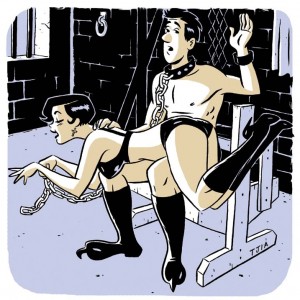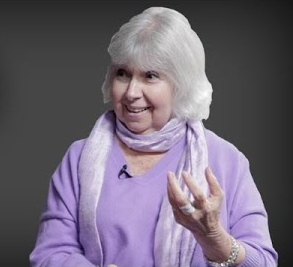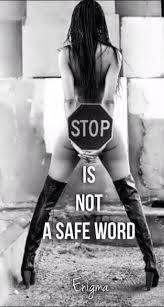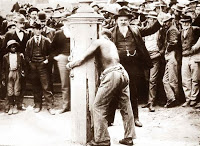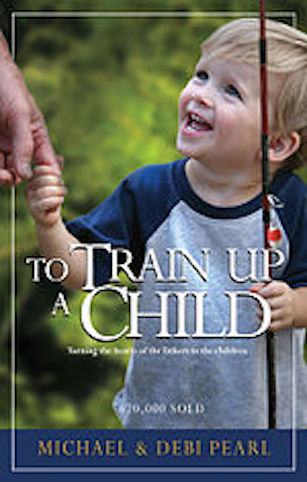Eight years ago (i.e. 2009), when she was 18 Laci Green was making valuable, educational and funny youtube videos on sex issues, and occasionally on why she thinks religion is (a) nonsense, and (b) not so terribly good to and for women.
She’s largely dropped making references to her atheism, which I think is a pity, but understandable if your main concern is issues affecting young women and sex-positivity.

Laci Green. Her smile takes up a bigger proportion of her face than with normal human beings.
Anyway, one day in 2009 Laci Green made a video saying that people should be accepting of and nice towards transgender people. They shouldn’t be haters: in fact, “haters” was the name for that video episode. Unluckily for her, she had a transgender person as her guest, and he used the word “tranny” of himself and others.
Not knowing that other transgender persons hate the word, she copied him and used the word too.
I have a bit of a “there but for the grace of god go I” feeling about this, because at the time I would have given the very same offence while trying to say something supportive. That’s because a girlfriend of mine worked as a cleaner at the Gender Centre in Sydney, and I’d often help her clean because I wanted to play squash with her when she was done. (“Play squash” sounds like a euphemism, but it isn’t.)
That meant I knew about a dozen politically aware transgender people at the time, and they all used the word “tranny” of themselves and others. So, when I was in conversation with them and it was relevant, I did too. I’m sure I’ve used it in other contexts, thinking I was being supportive. If I’d made videos, they’d still be preserved, of course.
There’s also the fact that she and apparently other family members have had death threats. I relate to that, because I was once an organiser and media spokesperson for a tenants’ union, and some people didn’t like me getting in the way of certain landlords. Initially I was genuinely flattered and amused when I started to get death threats on the landline. Problem was, my roommates sometimes answered the phone too, and they’d cop the threats intended for me. So I learned that when this shit is directed at one person, it also affects a lot of other people around them.
Anyway, this began in 2012, when someone saw Laci Green’s “haters” video, which was then three years old, and wrote to her asking why she’d used the word “tranny”.
She replied: “You are totally right and I sincerely apologize for my mistake. Before I educated myself about trans issues I had not the slightest inkling of how the word is used to dehumanize nor its place in the cycle of violence against transfolk. Now I have seen people hurt by it and seen it used as a nasty slur. Words have power, and “tranny” is not a word for anybody but transfolk themselves to use because only they can reclaim it.”
As a result of the apology, a whole lot of people went berserk. They decided Laci Green was an anti-transgender person activist, who was leading the charge against rights and acceptance. This would have been news to the various Christian right activists who really were running an anti-transgender persons agenda, an agenda now being put into place in several US States.
Anyway, she got a torrent of hate mail, demanding that she kill herself, along with threats of violence, and, to show they meant it, they posted pictures of Ms Green’s home on-line.
The police took the threats seriously, and suggested to Ms Green that for her own safety she should move. She disappeared off-line for a while. When she came back it was with Planned Parenthood and a MTV spot, which organizations are better at security than just one person.
Anyway, she recently started arguing on her videos with anti-feminists, to see if communication can be helpful. This angered people who feel that giving anti-feminists a platform is wrong, even in a a dialogue intended to open them to feminist ideas. So that has offended many offended people.
My impression is that it is probably a bad idea, because some of the people she’s spoken to really have been assholes on the internet, and it may not be a good idea to give them yet another platform, even if the intent is to argue with them. On the other hand, it’s the kind of thing that sometimes works to change minds, and that’s always a good thing.
[Update:

Ms Green and Mr Ray-gun (artist’s impression)
Ms Green recently started shagging some guy called Chris Ray-gun. I know very little about him, but apparently he takes the piss out of people who called themselves SJW, or social justice warriors. I’m sure he’s said many dodgy things in his career, but I don’t know what they are. Some people calling themselves feminists have said this is why she’s less keen to be associated with “social justice warriors. As though your politics is determined by where you put your genitals. Me, I’ve sometimes agreed with a girlfriend’s politics, and sometimes not. Some people are like that.
Ms Green took pains to point out that she is still absolutely a feminist.]
Her other recent crime appears to be that she’s mentioned that she’d been accosted by a group of feminists who’d been heckling her at some event, who then made threats of violence against her.
If you want to read a column saying that Laci Green was the problem there, and she should have apologised again to the people who were threatening her, you can read it here.
(I don’t know the columnist and I’m unlikely to read anything else they ever write, but that specific column offered an interesting use of the passive-aggressive voice used sanctimoniously. This is only a personal reaction, but I found it oddly creepy.)
As a result, there are signs that the Community of the Terminally Self-Righteous are building up for another bash at her for having, while still a minor, made a video that was supportive of trans-gender persons but used the word “tranny”.
My impression is that she’s a good thing, incredibly decent, harmless and well-meaning, who has done an enormous amount of work on issues like abortion, contraception, sex information, kink acceptance and so on.
I should point out that I’m a dom, so I’m a filthy sexual pervert, who has the goddam gall to call himself a feminist supporter. So what I say will ipso facto have no value for some people, but for what bugger-all it’s worth I salute and support Laci Green.


